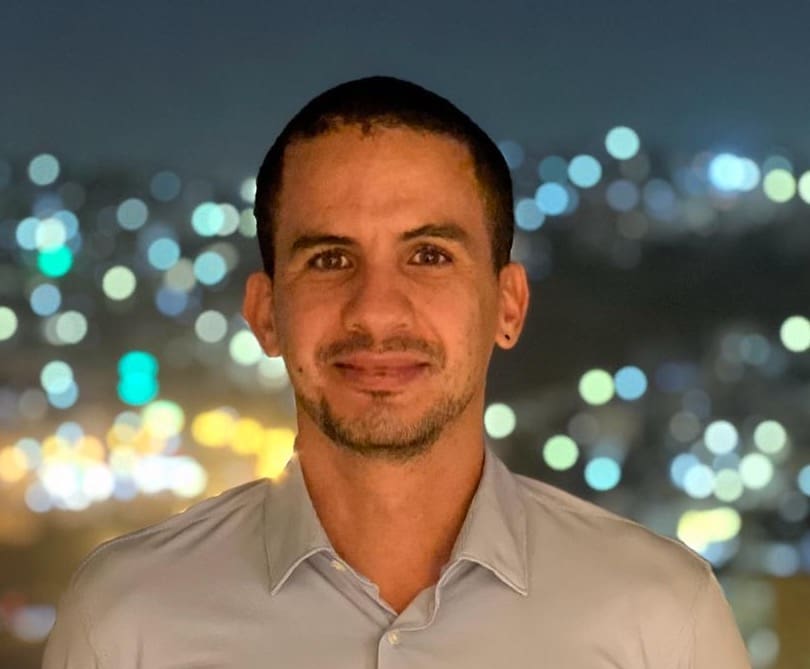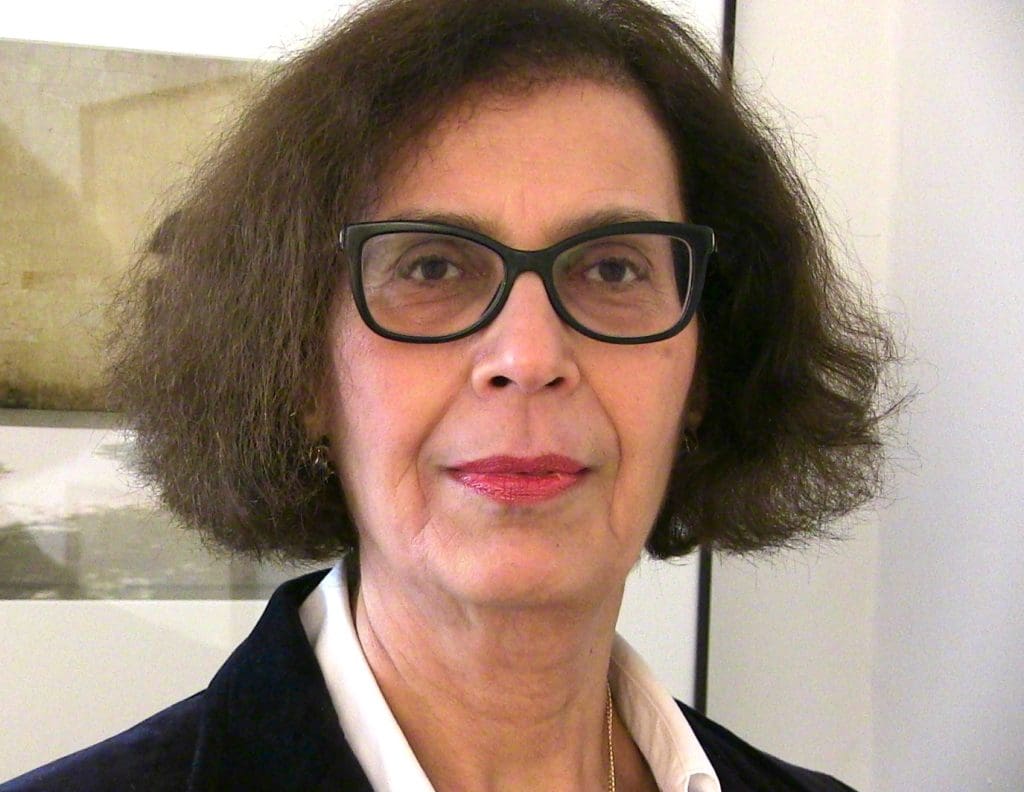
The visible absence of the Palestinian Liberation Organization from the ongoing Unity Intifada has led many to question the organization’s legitimacy and relevance. Do Palestinians still need the PLO? If so, why?
These questions come as Al-Shabaka publishes a critical study, “Reviving a Palestinian Power: The Diaspora and the Diplomatic Corps,” conducted by four of its analysts, Nadia Hijab, Zaha Hassan, Inès Abdel Razek, and Mona Younis. Through in-depth analysis and exclusive interviews with members of the PLO and its diplomatic corps across the world, the authors reveal significant realities about the organization and its future.
Join guests Nadia Hijab and Zaha Hassan alongside host Nadim Bawalsa as they engage these questions and more in this policy lab.












